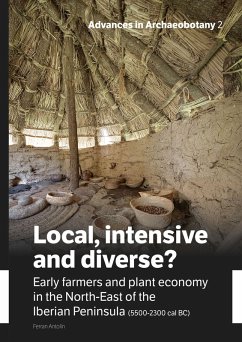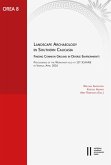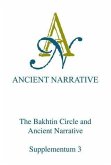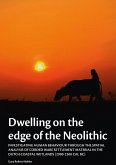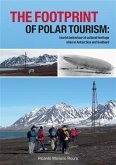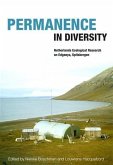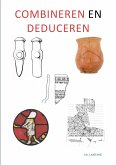This study argues that early farming life may have been more multifaceted than previously thought, and puts forward a reinterpretation of the traditional views on farming, wild plant gathering and social relationships during the Neolithic in the North East of the Iberian Peninsula. The archaeobotanical data from 17 archaeological sites is presented (Sardo Cave; Camp del Colomer; Serra del Mas Bonet; La Dou Codella, 120; Cave La Draga; Bobila Madurell; Carrer Reina Amalia, 31 Prehistoric Mines of Gava; Can Sadurni Cave; Sant Llorenc Cave; Espina C; Pla del Gardelo; Puig del Collet; CIM "e;El Camp"e;; Fosca Cave). For each site, pioneering methods of investigating the origin and the representativeness of the data are applied. Following these evaluations, palaeoeconomic issues are targeted at diff erent scales, ranging from the context to the regional level. The detailed investigations performed at the site of La Draga particularly stand out, as this is the only Neolithic site with waterlogged conditions of preservation in the Iberian Peninsula. Innovative data on the history of crops like tetraploid naked wheat, tworow barley, naked barley and opium poppy as well as on the role of wild fruits in the economy is revealed, completing an important piece in the puzzle of the investigations concerning the Neolithic in Europe.
Dieser Download kann aus rechtlichen Gründen nur mit Rechnungsadresse in A, B, BG, CY, CZ, D, DK, EW, E, FIN, F, GR, HR, H, IRL, I, LT, L, LR, M, NL, PL, P, R, S, SLO, SK ausgeliefert werden.

